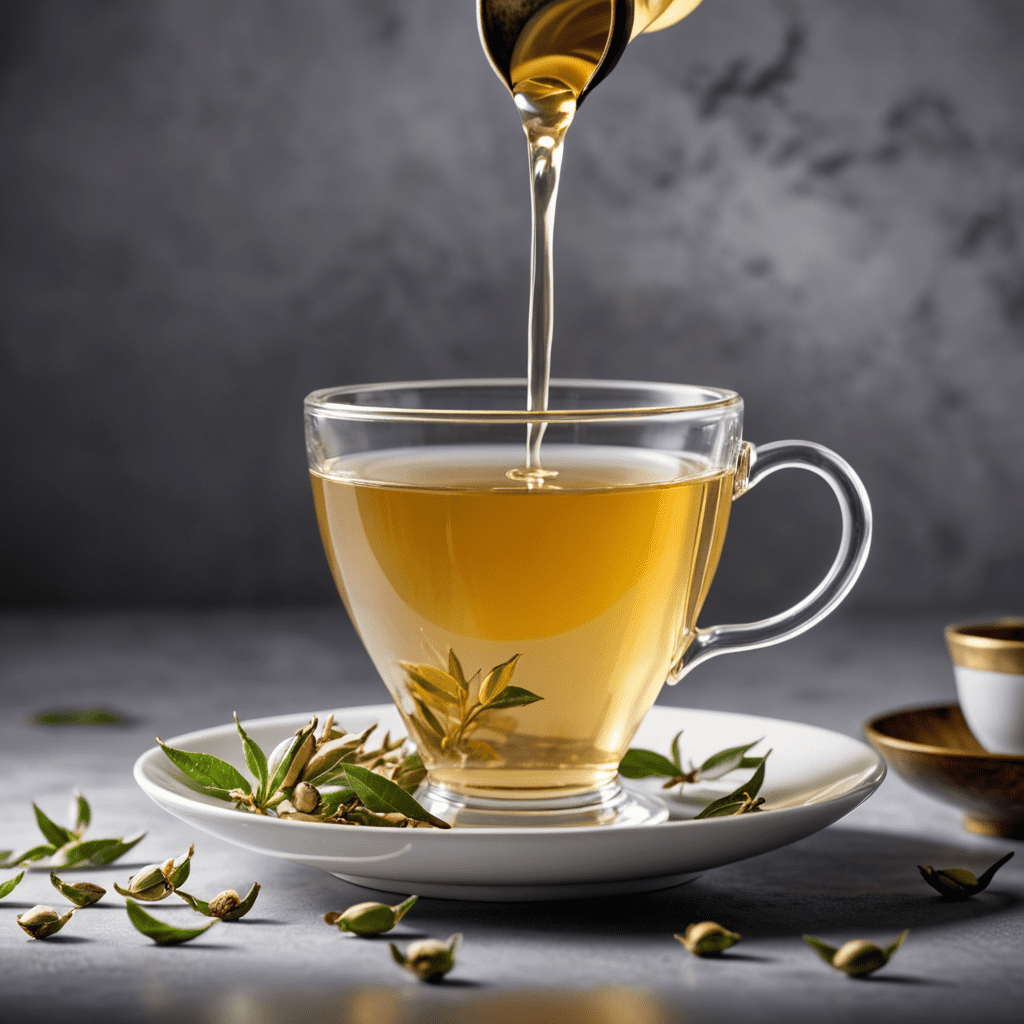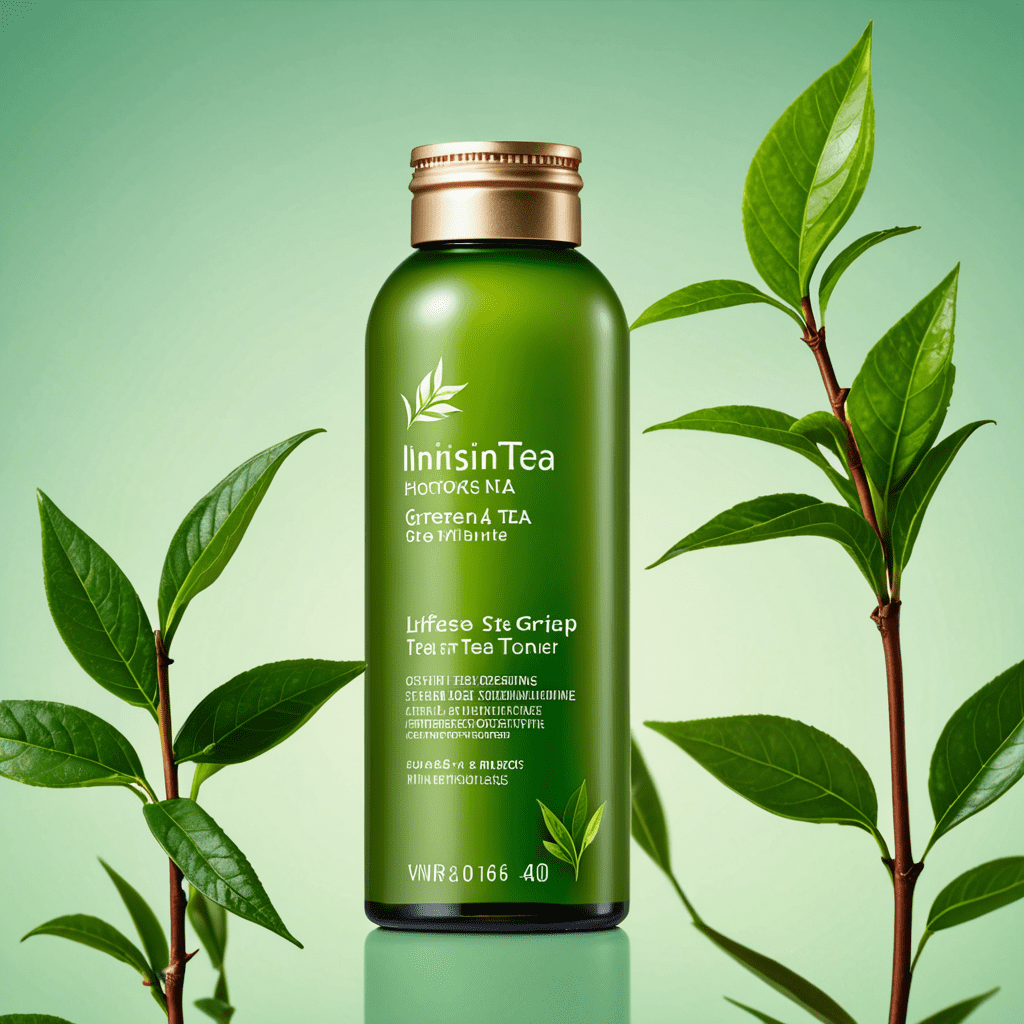White Tea: A Journey to Tea Enlightenment
Understanding White Tea
White tea, renowned for its delicate flavor and numerous health benefits, is one of the least processed tea varieties. It originates from the Camellia sinensis plant and is harvested at a very young age, often with minimal processing.
The Fascinating Origins
White tea originated in China during the Song Dynasty. It was initially reserved for the royalty due to its rarity and exquisite taste. The tea leaves were plucked from specific bushes, and only the unopened buds were used, making it a precious commodity.
The Art of Brewing
Brewing white tea is an art in itself. The delicate leaves require special care, typically steeped in water below boiling point for 3-5 minutes. This gentle brewing process allows the delicate flavors to unfurl, providing a soothing and luxurious tea experience.
Health Benefits of White Tea
White tea is celebrated for its numerous health benefits. Studies have shown that it contains powerful antioxidants that can help boost the immune system, promote healthy skin, and even aid in weight management. Furthermore, it is believed to assist in reducing the risk of certain types of cancer.
Exploring White Tea Varieties
White tea comes in various varieties, each with its own distinct flavor profile. Silver Needle, also known as Baihao Yinzhen, is made solely of the unopened buds and is considered one of the most prized white teas. Other varieties include White Peony (Bai Mudan) and Long Life Eyebrow (Shou Mei), each offering a unique sensory experience.
White Tea as a Meditative Practice
For many tea enthusiasts, preparing and savoring white tea is not just a beverage choice but a meditative practice. The process of brewing and drinking white tea encourages mindfulness, creating moments of stillness and tranquility, thus enhancing overall well-being.
Embracing White Tea: A Journey to Tea Enlightenment
Embracing white tea is not just about consuming a beverage; it is a journey towards a deeper understanding of the art and tradition of tea. Its delicate flavors, rich history, and health benefits combine to offer a truly enlightening experience for tea aficionados and novices alike.
Sure, here is a HTML-formatted FAQ about “White Tea: A Journey to Tea Enlightenment”
What is White Tea?
White tea is a type of tea known for its delicate flavor and minimal processing. It is made from the young leaves and unopened buds of the Camellia sinensis plant.
How is White Tea different from other types of tea?
White tea is unique in that it undergoes minimal processing, allowing it to retain more of its natural antioxidants and delicate flavor compared to green or black tea.
What are the health benefits of White Tea?
White tea is rich in antioxidants, which can help protect the body from damage caused by free radicals. It may also support healthy aging and promote overall well-being.
How is White Tea brewed?
To brew white tea, use water that is around 175°F (79°C) and steep the tea for 1-3 minutes. Use 1-2 teaspoons of white tea per 8 ounces of water.
What does White Tea taste like?
White tea has a subtle, sweet, and floral flavor with a light body. It often has notes of honey, hay, and fresh vegetation.
Where does White Tea originate from?
White tea originated in the Fujian province of China, where it has been produced for centuries. Today, it is also cultivated in other



